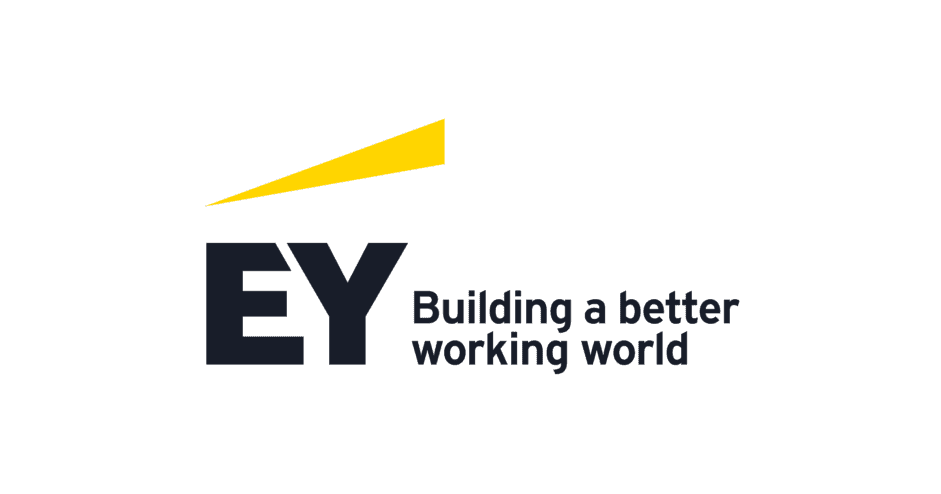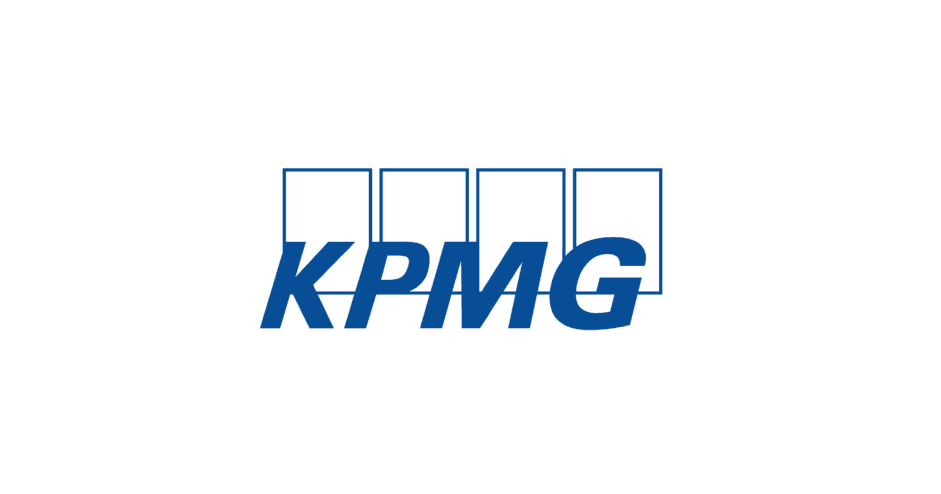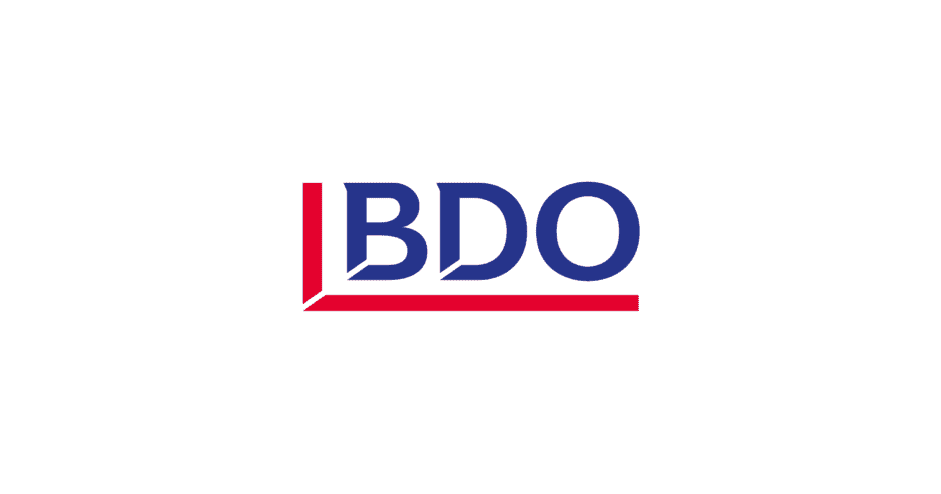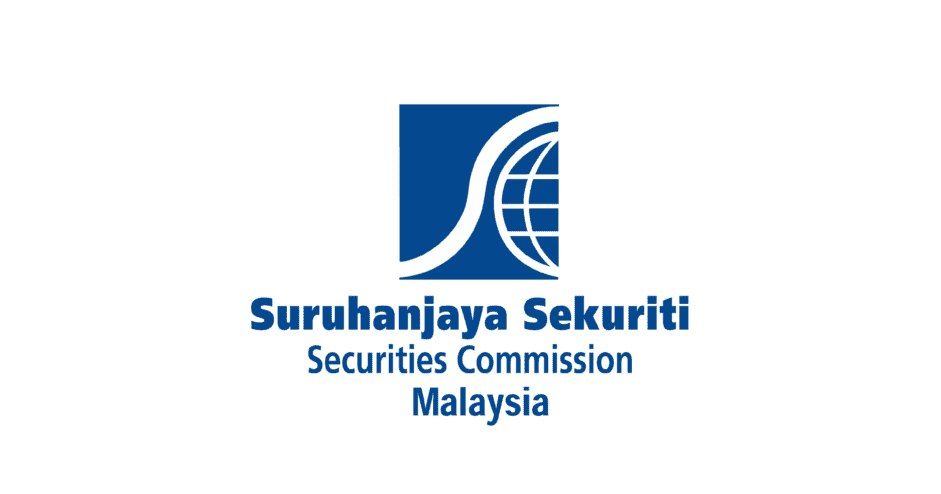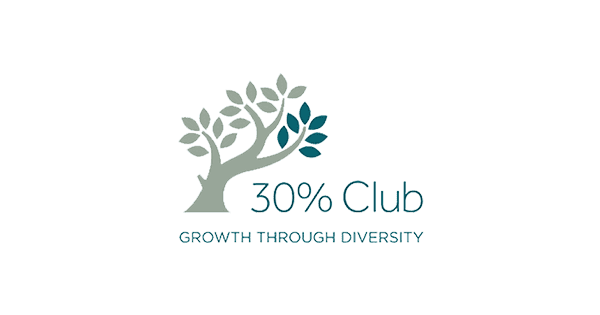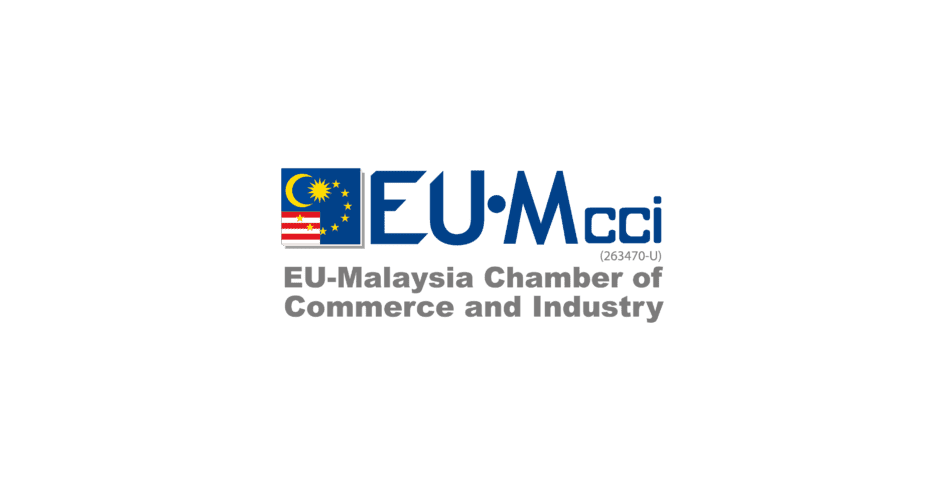Ybhg Datuk Syed Zaid Albar
Chairman, Securities Commission Malaysia
Opening Keynote Remarks by
Datuk Syed Zaid Albar
Chairman, Securities Commission Malaysia at the International Directors Summit 2019
The Trust Compass: Resetting the Course 14 October 2019, Kuala Lumpur
Salutations
Yang Berbahagia Tan Sri Zarinah Anwar, Chairman of Institute of Corporate Directors Malaysia,
Distinguished speakers, Ladies and gentlemen,
A very good morning to all,
- It is a pleasure for me to be here this morning and I would l i k e t o thank the Institute of Corporate Directors Malaysia (ICDM) for inviting me to officiate the inaugural International Directors Summit 2019 entitled The Trust Compass: Resetting the Course.
- The establishment of ICDM in 2017 was part of the SC’s corporate governance strategic priority for 2017 to 2020 to forge the alliances between corporate directors in enhancing directors’ professionalism and governance standards. Drawing from the success of and positive impacts made by institute of directors in other markets such Thailand, Singapore, Australia and the United Kingdom, the SC’s vision is for ICDM to be an institution managed by directors for directors.
- I am happy to note the progress made by ICDM thus far, including the development of highly relevant and content-rich programmes for experienced and aspiring directors alike. As the institute of corporate directors recognised by both the SC and Bank Negara Malaysia, ICDM is well-placed to meet the professional development needs of directors, including the management and delivery of programmes for newly appointed directors of listed companies such as the Mandatory Accreditation Programme or MAP in short. The SC is in full support of ICDM’s MAP.
- I would like commend, Tan Sri Zarinah, the board members and staff for their dedication and commitment and for the progress made in driving this institution forward for the betterment of corporate governance in Malaysia.
A. Board Activism and Corporate Agility
Ladies and gentlemen,
- In my address this morning, I would like to focus on two important issues confronting corporate Malaysia today; namely the importance of board activism (including the role of independent directors) and secondly how boards can do well by doing good.
- In the last decade, regulators including the SC, have actively promoted the need for shareholder activism. However, as the business ecosystem continues to evolve ever so rapidly, board activism today is crucial to ensure that the company remains agile and relevant. In short, “the business of business is changing” and I believe, for the better. Since the dawn of the industrial revolution, studies have shown that businesses enter a new era roughly every 50 years; from the rise of railroad companies in the 1830s to businesses ran by professional managers today.
- As we approach the year 2020, the corporate world is indeed facing a new dawn.
- I am sure all of you here this morning can relate to the fact that the business environment has become much more dynamic, which means that the requirements for tomorrow’s successful companies will be different from that of today’s.
- A study1 by the Boston Consulting Group highlighted that businesses today go through change in their life cycle twice as quickly as they did 30 years ago. Companies in the United States have a 1-in-3 chance of failing in the next five years – this is up from 1 in 20 just 50 years ago. This reflects a shrinking life expectancy of companies. In order to stay relevant, the reports states that it is imperative for companies to adapt their strategies to the environment, retune themselves to changing situations, and build resilience to sustain their adaptiveness.
- In order to do all the above, boards must understand the disruptive trends emerging in businesses today, challenge the assumptions underlying management’s strategy, and help management identify new growth paths.
- While doing so, it is critical, that boards maintain its independence of mind and position to enable them to exercise effective oversight of management. While the law does not contain a specific definition of an independent director, the Cadbury Report describes an independent director as one who should bring an independent judgment to bear on issues of strategy, performance and resources including key appointments and standards of conduct.
- For non-executive directors present today, I am sure that you are aware that as far as the law is concerned, the core duties of both executive and non-executive directors are one and the same. All directors are expected to exercise their powers for a proper purpose and in good faith in the best interests of the company. Whenever such a conflict situation arises, directors must be able to use your best judgement in the interest of the company and not in your own interest. In entities or institutions which are clothed with a public interest mandate, public interest directors are expected to exercise their powers to promote public good above all else. The independence and good governance of public interest directors are expected to be more profound in the case of such corporations, for example Bursa Malaysia.
Ladies and gentlemen,
- I must say that as a result of the SC’s and Bursa’s efforts, Malaysia’s corporate governance ecosystem has improved for the better since the days when I was first appointed to the Board of listed companies in the late 90’s.
I can remember that the standards then and now are vastly different, thanks to the SC.
However, there is still room for further improvement. The attitude of Board members must not be to view their position as merely a privilege and recognition, rather it is a position which is inherently filled with a heavy responsibility which, if not properly discharged may, I am afraid, turn into a liability.
- Moving forward, the question you have to ask yourselves today is whether your board has the skills, experience, and diversity required to navigate the company through these challenging times. Is the board able to engage meaningfully with management on emerging issues such as disruptive technology and climate risk?
- In order to promote and drive board activism and corporate agility, the SC’s corporate governance efforts will remain focused on, among others, enhancing board diversity in terms of background, experience, functional skills and gender.
B. Doing well by doing good
Ladies and gentlemen,
- With that let me now move on to discuss how, in my view, companies can do well by doing good; and I would like to anchor this discussion on the 12th Malaysia Plan, which is premised on the Shared Prosperity Vision 2030, recently announced by the Prime Minister on 5th October 2019.
In the next 5 to 10 years, economic empowerment and environmental sustainability will be at the forefront of our country’s economic growth.
- According to Oxfam 2, the wealth divide between the global billionaires and the bottom half of humanity is growing upwards quite staggeringly. Between 2009 to 2017, the number of billionaires it took to equal the wealth of the world’s poorest 50% fell from 380 to 42. In 2018, three men in the United States held combined fortunes worth more than the total wealth of the poorest half of Americans. In addition, in late 2018, the World Economic Forum states that the global pay gap between men and women will take 202 years to close; with women today found to be paid just 63% of what men earn.
- With massive influx of natural disasters, warming and cooling periods and changes in weather patterns, we need to play our part in addressing the environmental problems our planet is facing today – pollution, global warming, natural resource depletion and waste disposal, to name but a few.
- As a component of the nation’s economy, listed companies
will play a critical role in ensuring t h a t our country’s vision of shared prosperity and environmental sustainability is achieved.
For growth to be sustained over the longer term, corporates need to balance the interests of the business, society and the environment. The agenda of the corporate business of the world today should not solely be about making profits, it has to be tempered with sustainability which includes the interests of society and the environment.
- I must say that I am happy to note that a growing demography of socially minded consumers, businesses, and investors are driving companies to demonstrate and adopt an integrated and strategic approach to addressing sustainability risks and opportunities, including impact of climate risks, thus the need to re-set the Trust Compass.
- A 2019 Edelman Trust Barometer survey on Brands We Trust found that today, more than 70% of consumers consider a company’s reputation, values and environmental impact before making a purchase.
- I would like to reiterate that “the business of business can no longer be just business”. It requires an equation of corporate value that goes well beyond delivering predictable profit and a steady dividend stream, but one which is inclusive and integrates sustainability strategies and considerations.
- On the issue of shared prosperity, I urge all of you to take cognisant of the Expenditure Guide for Malaysians households (BelanjawanKu) issued by EPF recently when framing your employees’ pay structure. According to BelanjawanKu, an employee who is single and uses public transport daily to work requires an estimate budget of RM1,870 a month to lead an acceptable standard of living.
- On the issue of environmental sustainability, Bursa Malaysia launched the Sustainability Framework in 2015, requiring listed issuers to disclose a statement on the mitigation of material sustainability risks affecting the company. A review of these statements showed high compliance levels, up to 90% but I would strongly argue that we can further improve the quality and depth of the disclosure, where the average score was a mere 49%.
- As board members, I urge you to review these disclosures standards and ensure, that they are meaningful and accurately reflect the practices and conditions of the company. Our action must speak louder than words.
Closing
Ladies and gentlemen,
- Underpinning all these new imperatives are the fundamental principles of corporate governance; board leadership and effectiveness, effective audit and risk management, integrity in corporate reporting and maintaining meaningful relationship with stakeholders.
- The SC continues to focus our measures on strengthening the corporate governance standards of listed companies to prevent corruption, misconduct and fraud; and preserve the trust of stakeholders.
- On the issue of voluntary adoption of best practices in the Malaysian Code on Corporate Governance, I am very much encouraged to note:
- that there is steady increase in the participation of women on the boards of the top 100 listed companies; and
- that long-serving independent directors, have either resigned from the board or were re-designated as non- independent directors which creates new pathways for companies to refresh their boards.
- In July this year, in line with the Government’s effort on anti- corruption, the SC presented its action plan to the Cabinet Special Committee on Anti-Corruption chaired by the Prime Minister, with recommendations to strengthen the standards of corporate governance to prevent corruption, misconduct and fraud.
- The action plan will comprise measures to strengthen the anti-corruption initiatives of listed companies, including having a whistleblowing policy in place. The SC will also develop a framework to promote the effective discharge of directors’ responsibilities.
Ladies and gentlemen,
- As I end let me leave you with a question to ponder over the duration of this conference – Are you and your boards and management ready to face the new dawn that is upon us?
- With that, I would like to thank ICDM once again for inviting me this morning and I wish you a productive summit ahead.
End.
